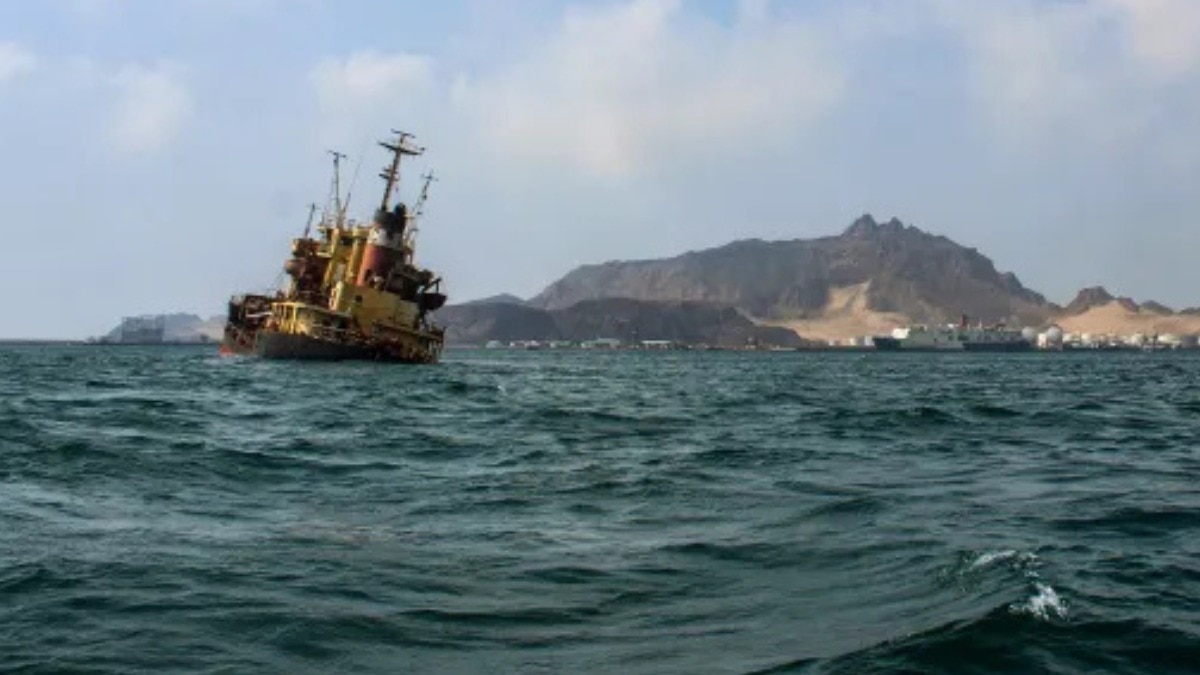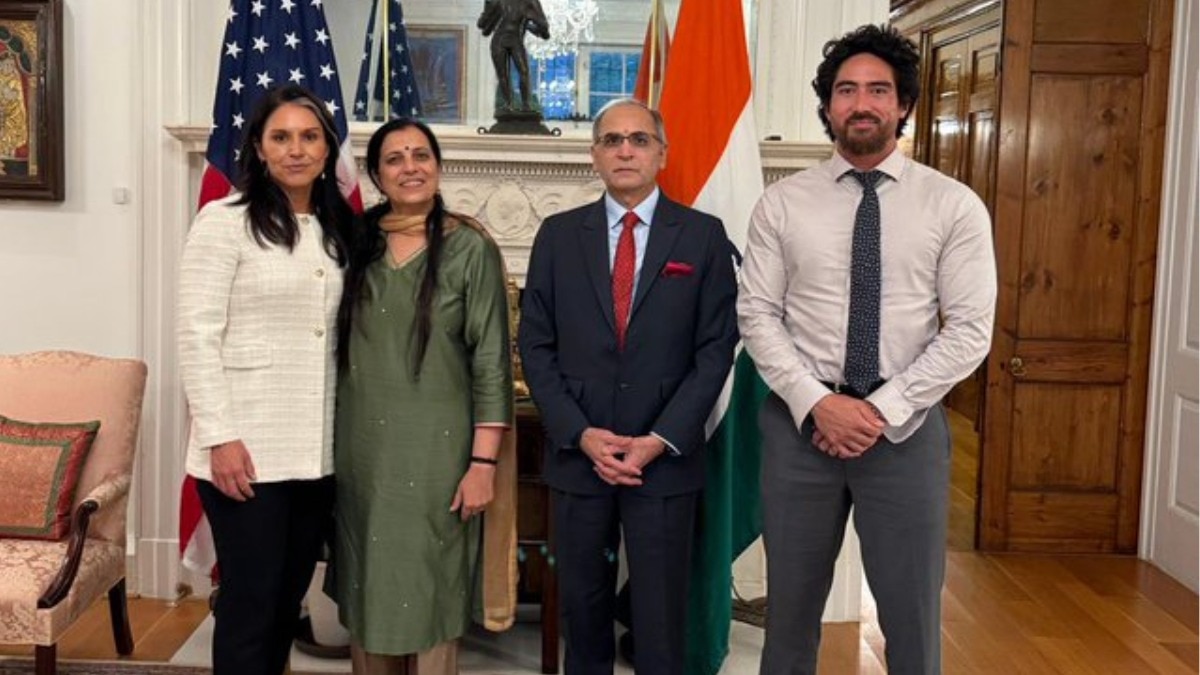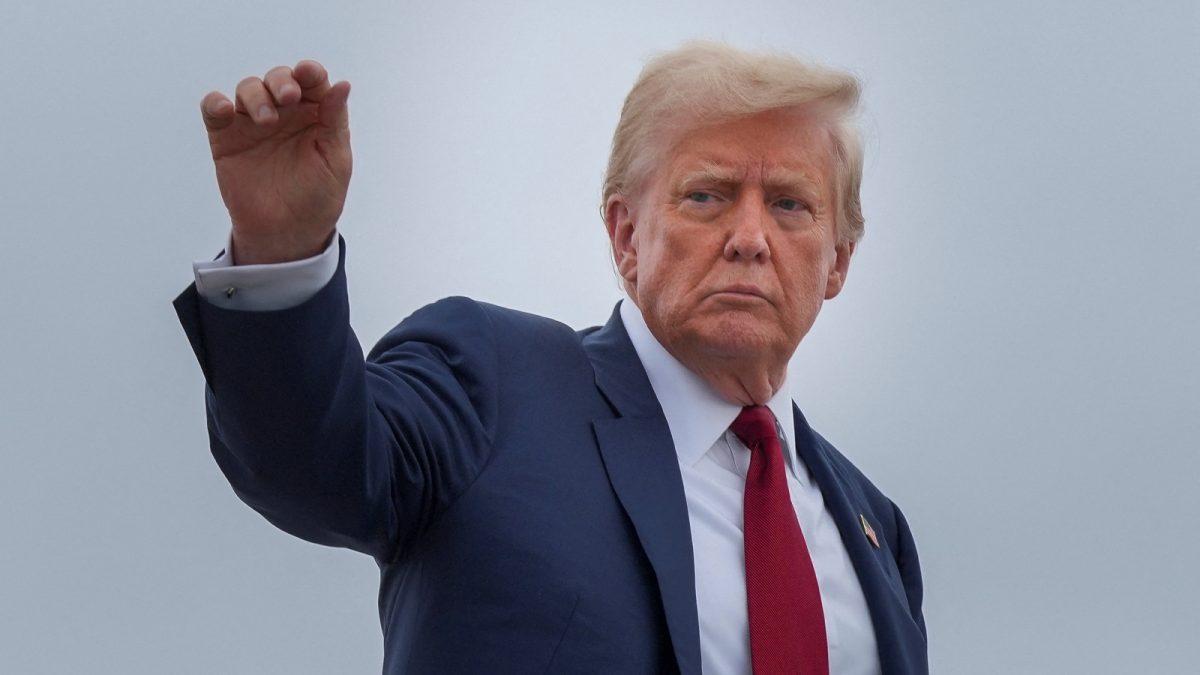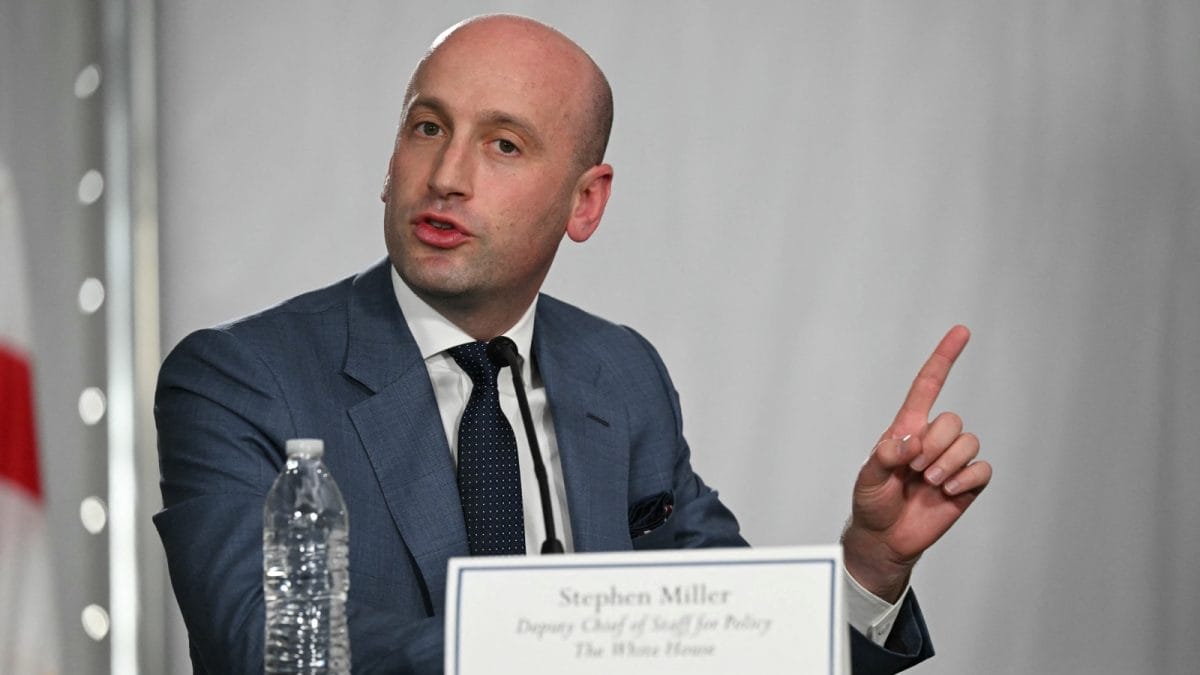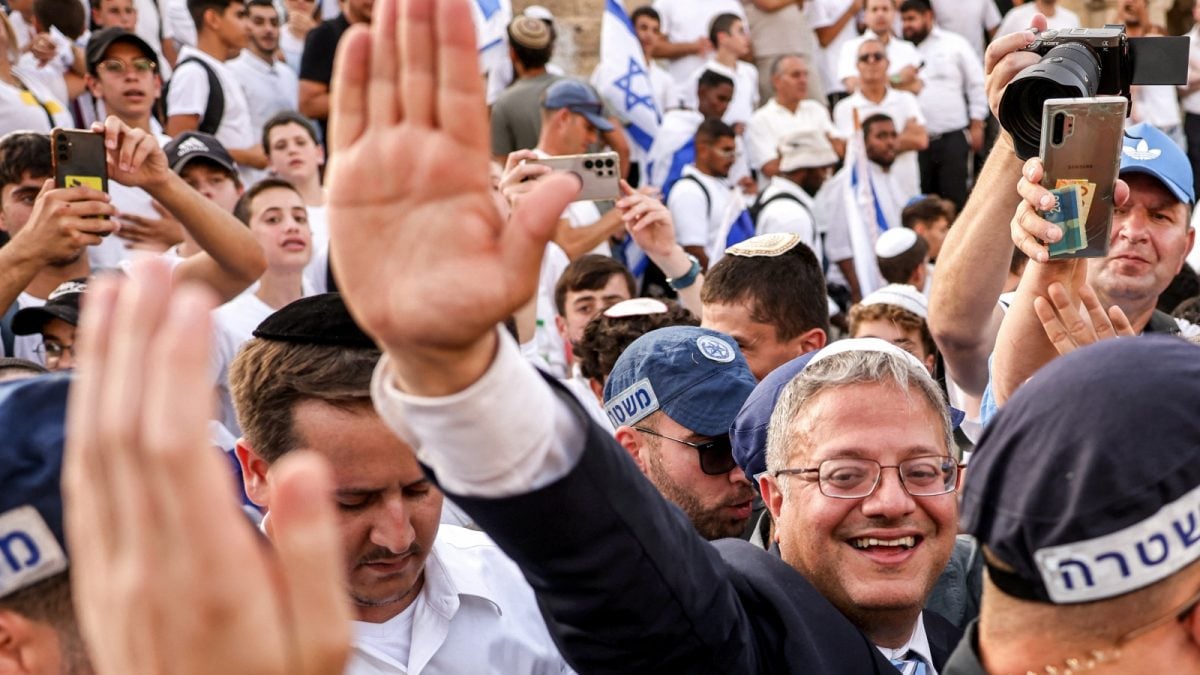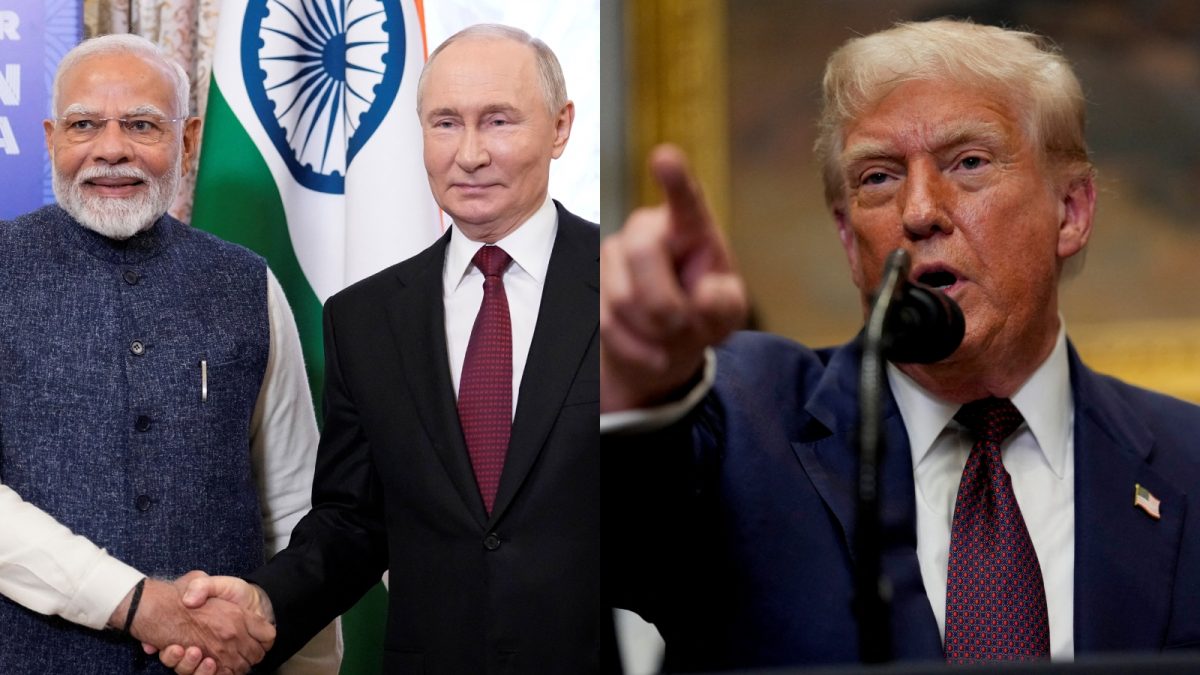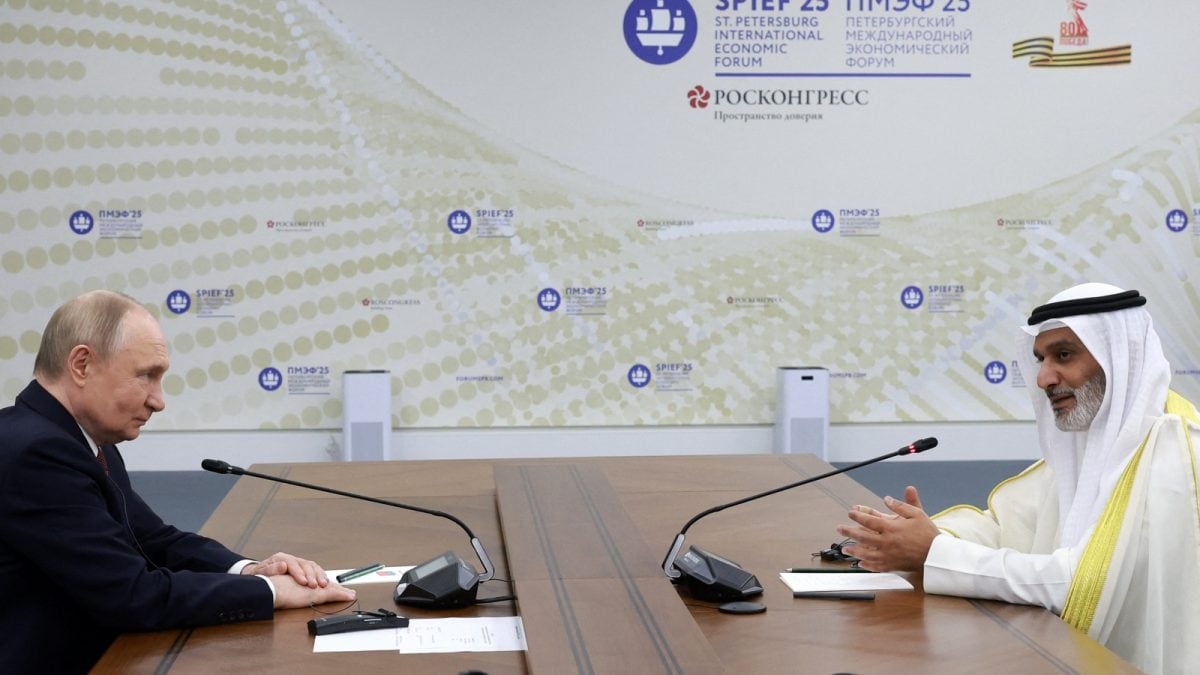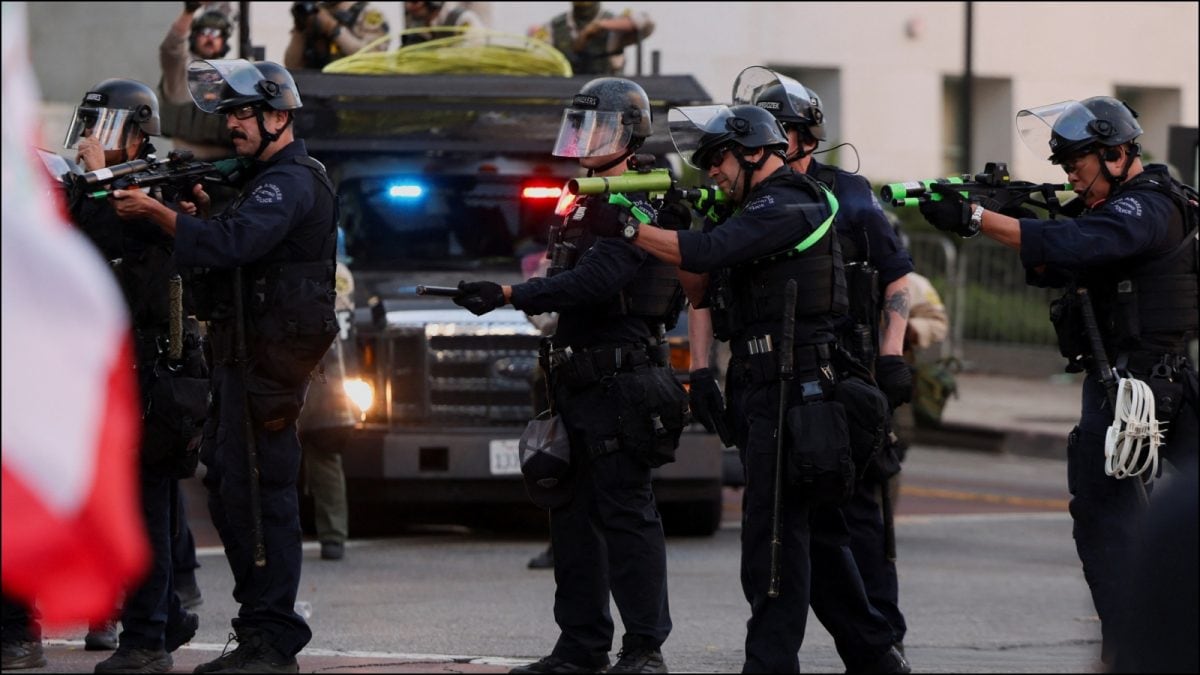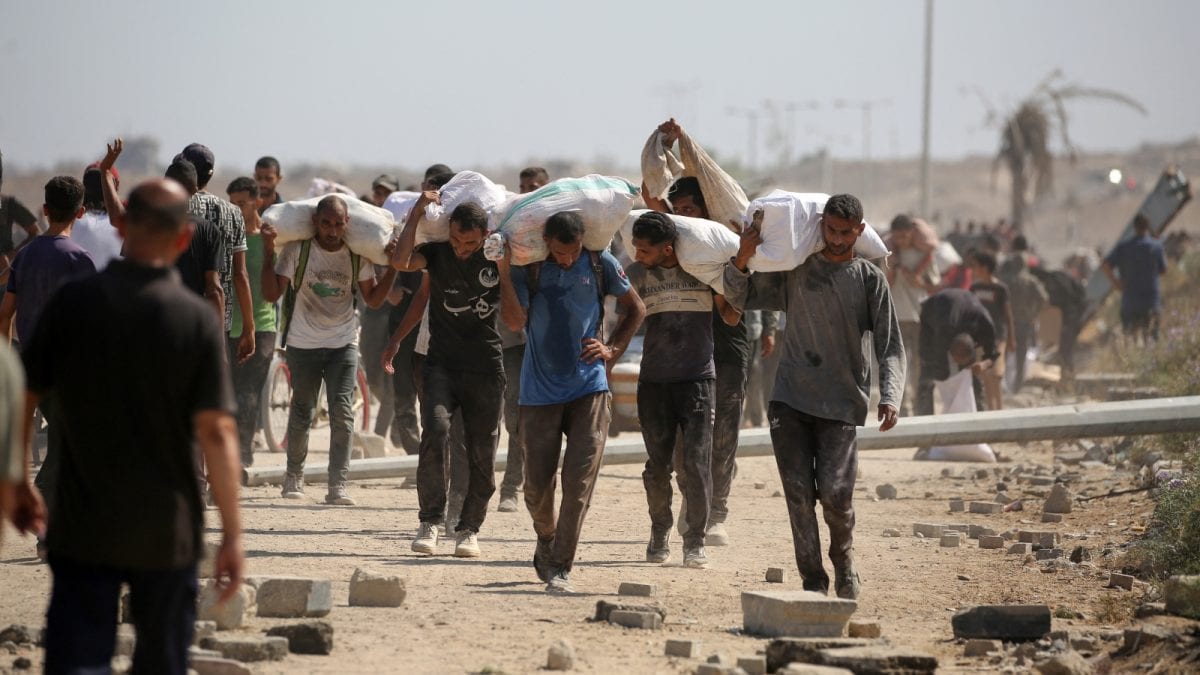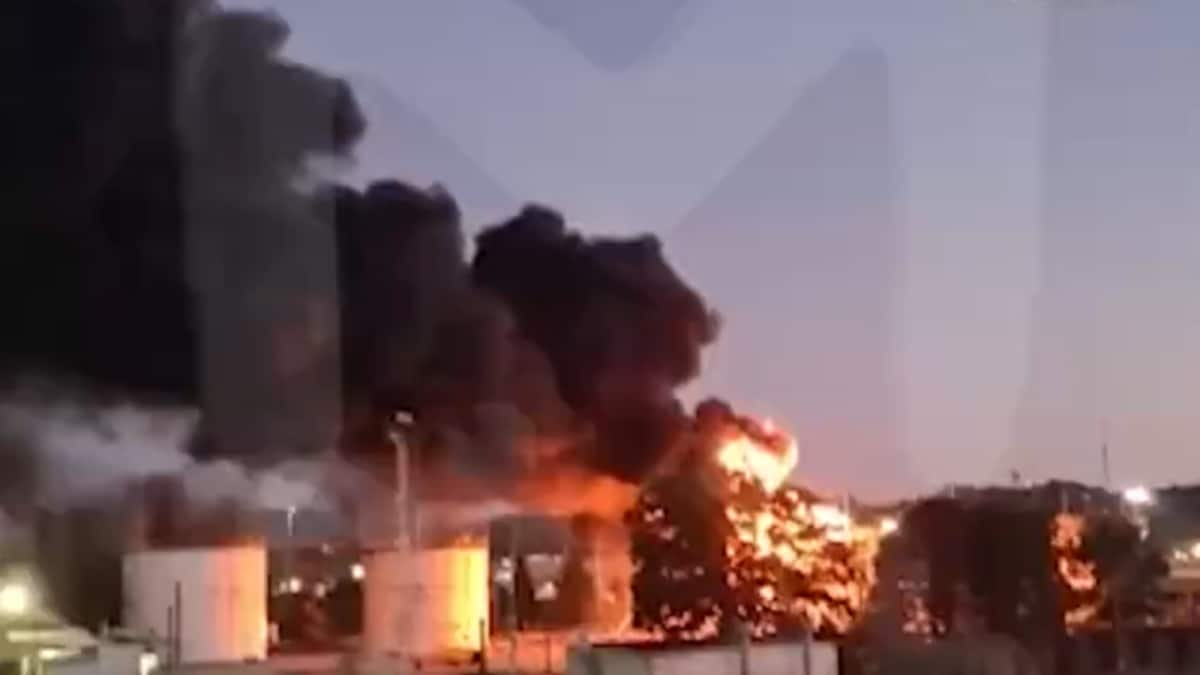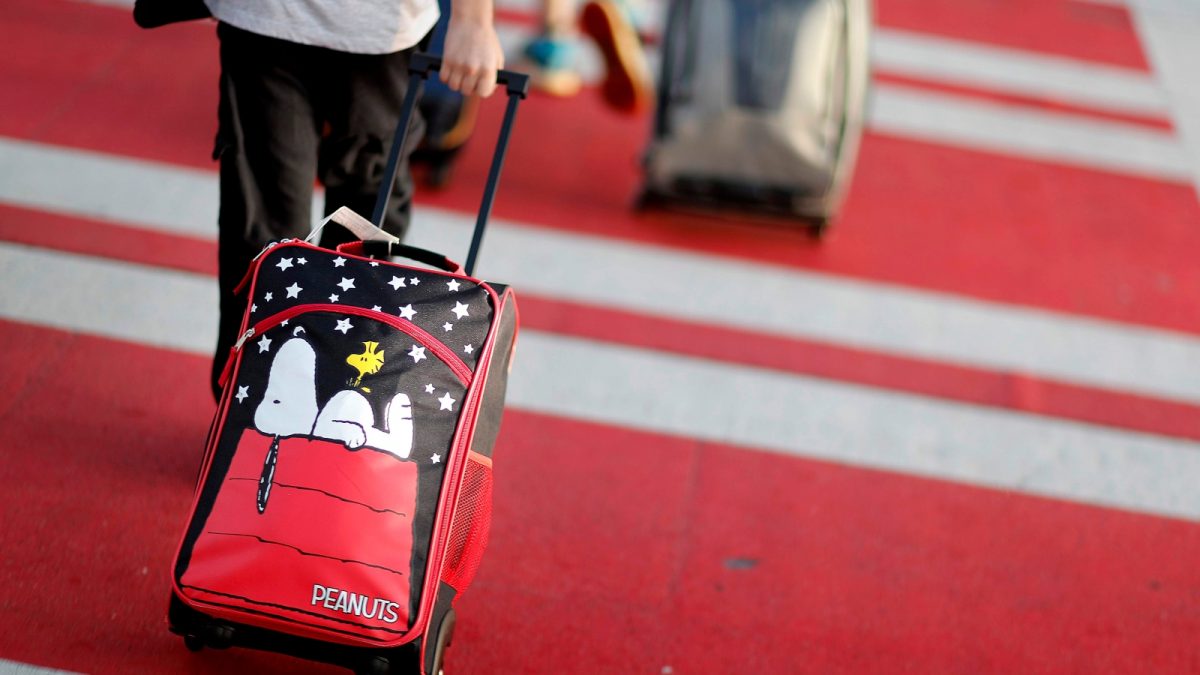Last Updated:June 15, 2025, 00:24 IST
The last 24 hours have witnessed unprecedented and intense escalation, with both nations engaging in direct strikes that have caused significant casualties and widespread damage

Israeli Iron Dome air defence system fires to intercept projectiles over Tel Aviv on June 14, 2025. (Photo: AP)
Iran and Israel are trading missiles and air strikes as the conflict in West Asia that has killed dozens deepens with no end in sight. The last 24 hours have witnessed an unprecedented and intense escalation, with both nations engaging in direct strikes that have resulted in significant casualties and widespread damage. This confrontation began with a massive Israeli offensive, followed by substantial Iranian retaliation.
The Israeli military said on Saturday that its military campaign in Iran had secured control of the airspace from Western Iran to Tehran, where 70 fighter jets carried out airstrikes overnight in one of the biggest direct attacks between the two sworn enemies.
“We have created aerial freedom of action from west Iran all the way to Tehran," said Israel Defence Forces (IDF) spokesperson Brigadier General Effie Defrin. “Tehran is no longer immune, the capital is exposed to Israeli strikes," he added.
Israel’s defence minister, Israel Katz, warned that “Tehran will burn" if Iran continues its missile attacks. Iran’s Supreme Leader, Ayatollah Ali Khamenei, vowed continued punishment for Israel and warned that any country assisting Israel, such as the US and UK, would see their regional bases and ships targeted.
Friday The 13th: War Horror Begins
On Friday, June 13, Israel launched Operation Rising Lion, a large-scale aerial campaign targeting key Iranian nuclear and military infrastructure deep within Iranian territory. Over 200 Israeli fighter jets were reportedly involved, striking hundreds of targets. These strikes aimed to cripple Iran’s nuclear programme, causing extensive damage to the above-ground electrical power supply at the Natanz enrichment plant and hitting air defence systems at the Fordow nuclear site.
Israel also conducted “decapitation strikes", resulting in the deaths of several top Iranian military figures, including General Hossein Salami, the Commander-in-Chief of the Revolutionary Guards, and Major General Mohammad Bagheri, the Chief of Staff of the Armed Forces General Staff. Nine senior Iranian nuclear scientists were also reported killed.
Iranian officials stated that 78 people were killed and over 320 wounded in these Israeli attacks, with the majority being civilians, and reported widespread damage to residential areas and military bases across Tehran, Isfahan, and Tabriz.
Iran’s Response
In immediate retaliation, Iran launched Operation True Promise III, firing waves of ballistic missiles and drones towards Israel throughout Friday night and into Saturday. Iran claimed to have launched hundreds of ballistic missiles, though Israel reported the number as fewer than 100 ballistic missiles and over 100 drones. These Iranian projectiles targeted various locations across Israel, including the highly sensitive Kirya compound in Tel Aviv, which houses Israel’s military headquarters. While Israel’s multi-layered air defence systems intercepted most of the incoming threats, some projectiles successfully penetrated.
As a result of Iran’s retaliatory strikes, Israel confirmed at least three civilian deaths and dozens of injuries. Two individuals were killed and 19 injured in Rishon LeZion near Tel Aviv when a missile directly hit residential buildings, and a further civilian death with 19 injuries was reported in central Israel, including the Ramat Gan area of Tel Aviv, on Saturday. Critically, there was “significant damage" to the Kirya compound in Tel Aviv, indicating a successful breach of Israel’s air defences in a crucial urban centre.
Residential buildings in central Israel also suffered heavy damage, and explosions were widely heard over Jerusalem and Tel Aviv. Separately, three Palestinian children in the West Bank were injured by a missile believed to be from Iran’s Houthi allies in Yemen. The intensity of fighting remains extremely high, with both nations exchanging direct threats of further escalation.
What World Leaders Say
US President Donald Trump has suggested that Israel’s strikes could help his administration make a nuclear deal with Iran. When asked whether the Israel bombing jeopardised the negotiations, he said that maybe now Iran would negotiate seriously.
French President Emmanuel Macron said he spoke to his Iranian counterpart and called for French “diplomatic facilities and nationals in Iran and the wider region not to be targeted under any circumstances". “I also urged the utmost restraint to avoid escalation. Iran’s nuclear program is a serious concern and must be resolved through negotiation," Macron wrote on X.
“I therefore invited President [Masoud] Pezeshkian to return swiftly to the negotiating table to reach an agreement — the only viable path to de-escalation … We stand ready to contribute and to mobilise all our efforts to achieve that goal," he added.
Chinese foreign minister Wang Yi spoke to his Iranian and Israeli counterparts and made clear Beijing’s support for Tehran.
Wang told Iranian foreign minister Abbas Araghchi that Beijing “supports Iran in safeguarding its national sovereignty, defending its legitimate rights and interests, and ensuring the safety of its people", according to a statement by the foreign ministry.
President Recep Tayyip Erdogan of Turkey told the Iranian president that Israel was looking to “drag the whole region into the fire," according to a statement from the Turkish presidency. Erdogan also told Pezeshkian that Israel’s attacks aimed to divert attention from the genocide in Gaza.
Erdogan told Saudi Arabia’s Crown Prince Mohammed bin Salman that Israel needed “to be stopped", calling it “the main threat to stability and security in the region".
Russian President Vladimir Putin spoke to United States President Donald Trump and condemned Israel’s attacks on Iran. Top Kremlin aide Yuri Ushakov told reporters that Putin “expressed serious concern about a possible escalation of the conflict, which would have unpredictable consequences for the entire situation in the Middle East".
According to Ushakov, Trump described the current events in the Middle East as “very alarming".
Pope Leo XIV called on Israel and Iran to show responsibility and reason.
“The situation in Iran and Israel has seriously deteriorated at such a delicate moment. I wish to forcefully renew an appeal for responsibility and reason," the pope said in a statement. “The commitment to build a safer world free from the nuclear threat must be pursued through a respectful meeting and sincere dialogue," he said.
(With agency inputs)

Pathikrit Sen Gupta is a Senior Associate Editor with News18.com and likes to cut a long story short. He writes sporadically on Politics, Sports, Global Affairs, Space, Entertainment, And Food. He trawls X via ...Read More
Pathikrit Sen Gupta is a Senior Associate Editor with News18.com and likes to cut a long story short. He writes sporadically on Politics, Sports, Global Affairs, Space, Entertainment, And Food. He trawls X via ...
Read More
News world Iran, Israel Set West Asia Skies On Fire, World Scrambles To Douse Flames

 1 month ago
1 month ago




